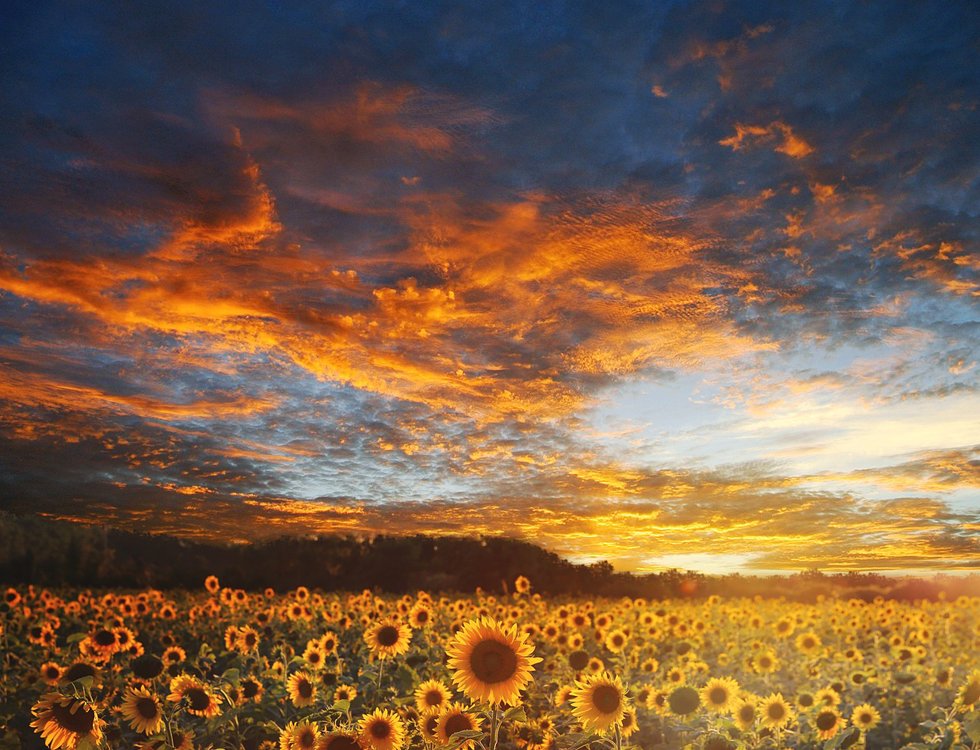Werner Heisenberg, (who we referred to when we mentioned chaos) and who is credited with hypothesising the Uncertainty Principle, has a lot to answer for!
When uncertainty began to replace certainty in theories in physics, and then in scientific enquiry in general, the world began to change – and has been changing since. Over the past century or so all the old certainties have been undermined or eroded. Anyone who is my age or older will have experienced some of them. These include religion, economics, nationality, politics, family, marriage, royalty, media, art, music, dance, poetry, strata of society, who is in charge, and people’s place in society.
Because humans love certainty, this has caused us a lot of problems.
Uncertainty brings insecurity, as we struggle with freedom when choosing our own destiny!
While research in neuroscience shows that our brains love certainty – research also shows that creativity and the ability of the brain to accept uncertainty are linked.
So it follows that if we want to promote creativity in our organisation, and encourage staff to take risks, we need to model behaviour that shows that we can allow a healthy amount of uncertainty.
This can be a challenging balance to achieve because, of course, too much uncertainty is harmful. Emotional intelligence is relevant here because generally the more of it that there is in our organisation the less will be the need to weld down the manholes.
Getting back to uncertainty, it has led to violent revolutions as oppressed peoples refused to accept that they were inferior within the old certainties that were ordained for them by their betters.
Mostly, that was (as we noted in the Chapter on Power and Control in Society) the certainty that we are entitled to everything and you are entitled to a lot less, (or nothing – in the case of slavery).
Dealing with insecurity is truly the biggest challenge of living with uncertainty, and the accompanying anxiety and self-doubt (will I make it, am I right, can I trust myself) is one of its major down-sides.
And uncertainty, of course, also implies an increase in complexity.
The reason for this is that things can have different meanings as people have the freedom to interpret them subjectively instead of being told what the meaning is. (I spent some time already describing how difficult it is to define spirituality and how, throughout history, it was defined for us by people who we considered to have the inside track to a better life after we die).
Religion (and politics) are important top-down systems that have always been used to maintain the order necessary for society to function.
To illustrate this, think of the uncertainty that the political reforms of the second half of the 19th century brought to the world as people realised that they could be creative in determining their own destiny.
All that change, trouble, strife, hardship, poverty, even huge loss of life.
Is it worth it at all? Are we not better off with everything certain?
After all, take just one really important example. In healing our physical body, are we not delighted with the certainty that an antibiotic, or an anaesthetic brings?
But uncertainty has an up-side too – as will be described in the next post.
